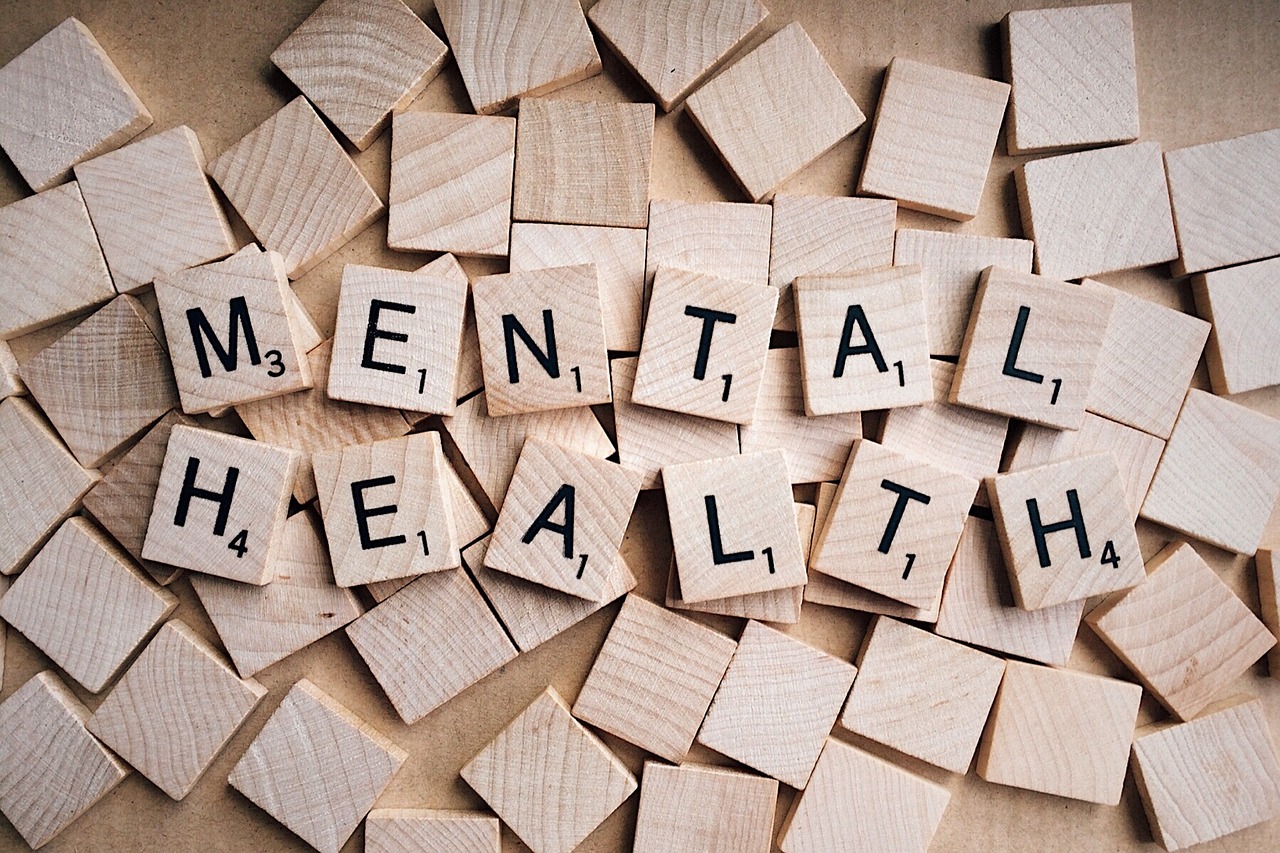Mental illness results from a disorder of the brain that causes disturbances in perception, behavior and thinking. To be classified as mental illness, the disorder must be severe enough to cause significant problems in coping with day to day life. [1] About 20 percent of all U.S adults have experienced some form of mental illness, with 11 million U.S. adults having a serious mental illness.[2]
The three most common families of mental illness include depression, bipolar disorder and anxiety disorder. Other common psychological disorders include schizophrenia, eating disorders and dementia. [3]
Mental illness may be provoked or sustained through stresses in a person’s environment. A person’s own life context can become so stressful that mental illness develops solely due to external pressure. It’s possible for such a disorder to resolve once the stressful situation relents. Other times, the mental illness will remain. Post-traumatic stress disorder (PTSD) is a good example of a persisting, environmentally provoked mental illness that’s heavily affected by physical disease.[4]
Psychological disorders may also arise from genetics. Most often, mental illness comes from a subtle interaction of both the environment and the inborne characteristics of an individual.
About 75 percent of all cases of mental illness begin by age 24, although serious symptoms may not show up for years.
Mental illness is diagnosed when a person has a cluster of symptoms. Some symptoms include:
- A significant departure from a person’s typical behavior
- Trouble concentration or confused thinking
- Feelings of extreme highs and lows
- Sadness persisting longer than two weeks (depression) without an obvious cause
- Excessive worries, elevate anxiety, or irrational fears
- Withdrawal from social activities, decreased socializing
- Significant changes in sleep behavior
- Unusual loss or gain in appetite
- Persistent feelings of anger and irritability
- Significantly disrupted ability to discern what is real and what is not.
- Delusions (irrational, unshakeable belief in something that’s untrue)
- Inability to deal with regular daily life stresses
- Suicidal thoughts, passive or active.
- Numerous unexplained physical ailments.
The most prominent symptoms of mental illness include:
- Personality changes. Personality tends to be stable and changes happen over time. When someone behaves unusually, particularly if there’s no visible cause for it, it’s a warning sign.
- Uncharacteristic sadness, elevated anxiety, irritability or anger outbursts.
- Impaired hygiene, loss of care in appearance and/or an increase in dangerous behaviors.
- Self-isolating behavior and social withdrawal.
- Feelings of hopelessness and despair.
Mental illness typically develops slowly (insidious onset), although with sufficient stress psychological disorders can advance rapidly.
Treatment of mental illness may involve psychotherapy, medication, or ideally, both.
If you or a loved one is regularly experiencing symptoms similar to those listed in this post, seek help from your local Spokane healthcare professional. Reach out to Damaris through her contact page or calling 509-342-6592.
[1] https://www.mayoclinic.org/diseases-conditions/mental-illness/symptoms-causes/syc-20374968
[2] https://www.nimh.nih.gov/health/statistics/mental-illness.shtml
[3] https://www.psychiatry.org/patients-families/warning-signs-of-mental-illness
[4] https://www.psychiatry.org/patients-families/ptsd/what-is-ptsd






